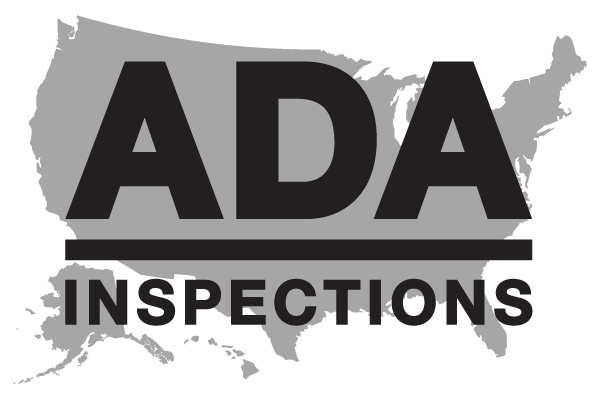TN Vocational Rehabilitation Program Information
The State of Tennessee Department of Human Services Division of Rehabilitation Services, Vocational Rehabilitation (VR) program, offers services to individuals with disabilities to prepare them for employment or to retain their employment. Tennessee individuals interested in more information about the VR program should call the TN VR main information line at 615-313-4891 or go to the TN VR website to find the office closest to them. The current contact for this program is Janie Hadley, Program Coordinator for VR Services Contracts and Grants, 615-313-4930, Janie.Hadley@tn.gov.
TN Vocational Rehabilitation Services has many different services available for eligible individuals with disabilities. The types of services provided are based on the needs of the individual and are designed to help the individual to become employable. Services include:
Diagnosis
Counseling & Guidance
Treatment
Training
Maintenance & Transportation
Special Emphasis Programs
Transition Services from School to Work
Personal Care Assistance Program
Rehabilitation Technology Services
Job Placement
Post-Employment Services
Support Employment: Supported employment is a Vocational Rehabilitation service delivery model that provides services for persons with the most significant disabilities who have not normally been able to participate in work that can lead to competitive employment in integrated work settings. The unique feature of Supported Employment is the ongoing support it provides to individuals to help them maintain employment.
Client Assistance Program: The Client Assistance Program (CAP) helps individuals who have concerns or difficulties when applying for or receiving vocational rehabilitation (VR) services funded under the Rehabilitation Act. CAP is administered by Disability Rights Tennessee.
Independent Living Services - It is the mission of the State's Independent Living Services of Tennessee to promote independent living and support the independent living philosophy, its practices, and its values to all citizens while providing comprehensive services to individuals with significant disabilities. Services may include: transportation, interpreting services for the deaf, reader services, teaching services, orientation and mobility services for the blind, services to family members, job placement services, referral services, telecommunications, sensor, and other technological aids and devices, and appropriate preventive services to decrease the need for similar services in the future. The state program also serves elderly blind individuals with innovative methods and approaches to providing independent living services.

